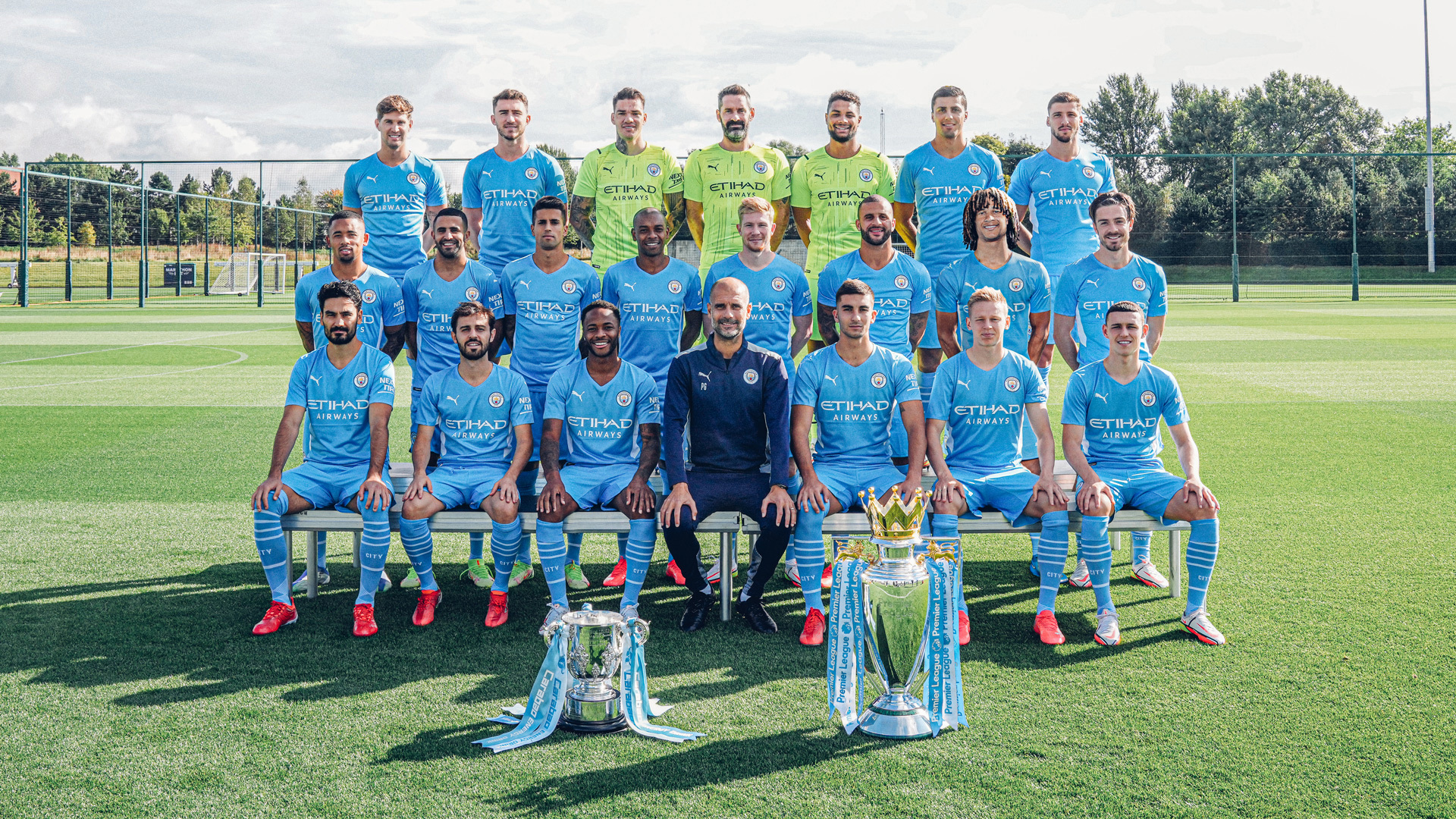Manchester City 97/98 squad: A look back at a pivotal season for the Citizens. This article delves into the team’s roster, playing style, key players, and overall performance during the 1997-98 campaign, offering a comprehensive analysis of a transitional period in the club’s history. We’ll examine the strengths and weaknesses of the squad, explore the managerial influence, and assess the lasting impact of this particular team on Manchester City’s future trajectory.
From analyzing the individual contributions of key players to exploring the team’s overall dynamics and season results, we aim to paint a vivid picture of the 1997-98 Manchester City season. We’ll also consider the legacy of this team and its influence on the club’s subsequent successes and challenges.
Manchester City 1997-98 Season: A Squad Overview: Manchester City 97/98 Squad
The 1997-98 season marked a transitional period for Manchester City. While not achieving spectacular results, the campaign offered glimpses of potential and laid some groundwork for future successes. This analysis delves into the team’s composition, performance, and lasting impact.
Team Overview: 1997-98 Manchester City Squad
Frank Clark managed the team during this season, employing a pragmatic approach often prioritizing solidity at the back. The squad blended experienced players with promising youngsters, reflecting a period of rebuilding and development. The team’s strengths lay in its defensive organization, while a lack of consistent firepower up front proved a significant weakness.
| Player Name | Position | Nationality | Notable Achievements (97/98) |
|---|---|---|---|
| (Player Name 1 – Example: Nicky Weaver) | Goalkeeper | English | Secured the starting goalkeeper position. |
| (Player Name 2 – Example: Glyn Hodges) | Midfielder | English | Consistent performances in midfield. |
| (Player Name 3 – Example: Paul Dickov) | Forward | Scottish | Key goalscorer, despite the team’s overall struggles. |
Key Players and Their Roles
Several players stood out for their contributions during the 1997-98 season. Their individual performances significantly impacted the team’s overall results. A comparison of two prominent players illustrates the diversity of skills within the squad.
- Player 1 (Example: Paul Dickov):
- Consistent goalscoring threat.
- Strong work rate and pressing ability.
- Provided leadership in the attack.
- Player 2 (Example: Glyn Hodges):
- Provided midfield stability and control.
- Excellent passing range and vision.
- Contributed defensively and offensively.
Comparing Dickov and Hodges, we see contrasting styles. Dickov was a direct, goal-oriented forward, while Hodges provided the creative and organizational link in midfield. Both were, however, crucial to their respective areas of the pitch.
The team captain during the 1997-98 season (Example: Player Name) provided strong leadership, both on and off the pitch. His style emphasized unity and hard work. His experience and calm demeanor were vital in guiding the team through a challenging season.
Season Performance and Results, Manchester city 97/98 squad
Manchester City’s 1997-98 season was characterized by inconsistency. While they showed flashes of brilliance, they lacked the sustained form needed to challenge for major honours. The league standings reflected this inconsistency.
The team’s successes were often overshadowed by frustrating defeats and narrow losses. For instance, (mention a specific example of a key match, win or loss, and its impact). Their failures stemmed from a lack of clinical finishing and an occasional vulnerability in defense.
Timeline of Significant Events:
- (Month, Day): Match against [Opponent] – [Result and brief description]
- (Month, Day): Significant event (e.g., managerial change, injury to key player) – [Brief description]
Managerial Influence and Team Dynamics
Frank Clark’s managerial approach emphasized a solid defensive foundation and counter-attacking football. This tactical strategy reflected the squad’s strengths and attempted to mitigate its weaknesses. However, the inconsistency in results suggests that the approach may not have fully maximized the team’s potential.
Team dynamics were generally positive, with a strong sense of camaraderie amongst the players. There were no major reported conflicts within the squad. The atmosphere within the club was one of quiet determination and hope for improvement.
The atmosphere surrounding the club and its fans was one of cautious optimism. While expectations were not high, supporters remained loyal and passionate, eager to see the team progress and compete effectively.
Legacy and Impact
The 1997-98 season, while not a resounding success, played a role in shaping Manchester City’s future. It served as a building block for subsequent improvements and marked a transition phase for the club.
(Mention specific players who went on to have successful careers elsewhere, and their contributions to their later clubs).
The season contributed to the overall development of the club by providing valuable experience to younger players and highlighting areas for improvement in terms of squad composition and tactical approach.
Visual Representation: A Hypothetical Team Photo

Imagine a crisp autumn afternoon at Maine Road. The 1997-98 Manchester City squad stands proudly on the pitch, their sky-blue kits gleaming under the late afternoon sun. The players are arranged in two rows, a mix of smiles and determined expressions reflecting the season’s blend of highs and lows. The background shows the iconic Maine Road stands, filled with a sea of light blue.
Check manchester united zne to inspect complete evaluations and testimonials from users.
A few supporters can be seen in the distance, their faces blurred but their enthusiasm palpable. The players are holding the team banner, a symbol of unity and pride. The overall feeling is one of quiet dignity and determination, a snapshot capturing a team in transition, poised for future growth.
The 1997-98 Manchester City season, while not marked by major trophies, served as a significant stepping stone in the club’s evolution. Analyzing this squad reveals the building blocks that contributed to future success, highlighting the importance of understanding the past to appreciate the present. The team’s performance, both on and off the field, provides valuable insight into the complexities of team dynamics and the enduring impact of a single season on a club’s long-term trajectory.



